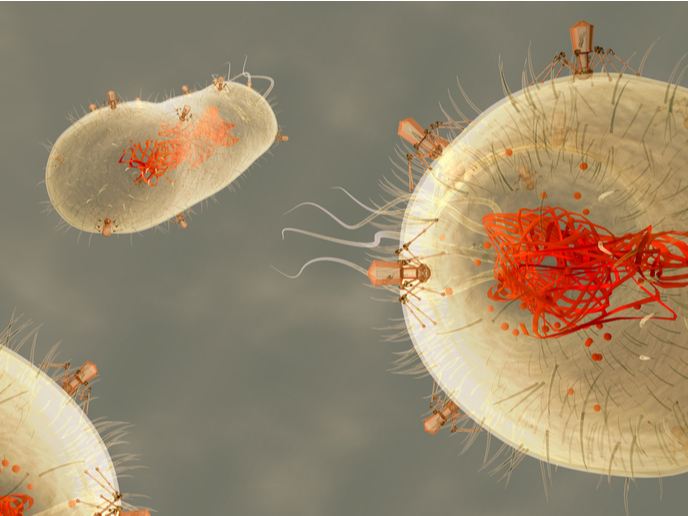Highly specific and sensitive detection of enterotoxins
B. cereus is found in many crops including vegetables and grains as well as in milk and its eradication is difficult to achieve with conventional hygienic measures. Particularly in preheated, but not sterilised foods, the risk for gastroenteritis becomes high. In addition, B. cereus is often found in foods aimed for a very sensitive part of population, babies. The key problem with the B. cereus is that its virulence has not been extensively explored and while many strains are considered potentially innocuous, few of them could become highly virulent. To answer this need, the BACILLUS CEREUS project focused on investigating virulence mechanisms of B. Cereus for high specific determinants of its virulent strains. Thereby, new analytical tools involving monoclonal antibodies (mab) specific for the B. cereus enterotoxins, namely NHE and HBL were developed. These allow the detection of these proteins in cell-free culture supernatants of Bacillus cereus isolates. These mabs were successfully employed in a wide range of immunochemical techniques. In comparison to currently used assays, the new immunoassays were proven to be considerably improved in terms of both sensitivity and specificity. Moreover, they allow a quantitative measure of the amount of NHE and HBL produced by a strain. This enables the estimation of the virulence of this strain in relation to diarrhea poisoning. R&D diagnostic companies are sought or further collaborations.







